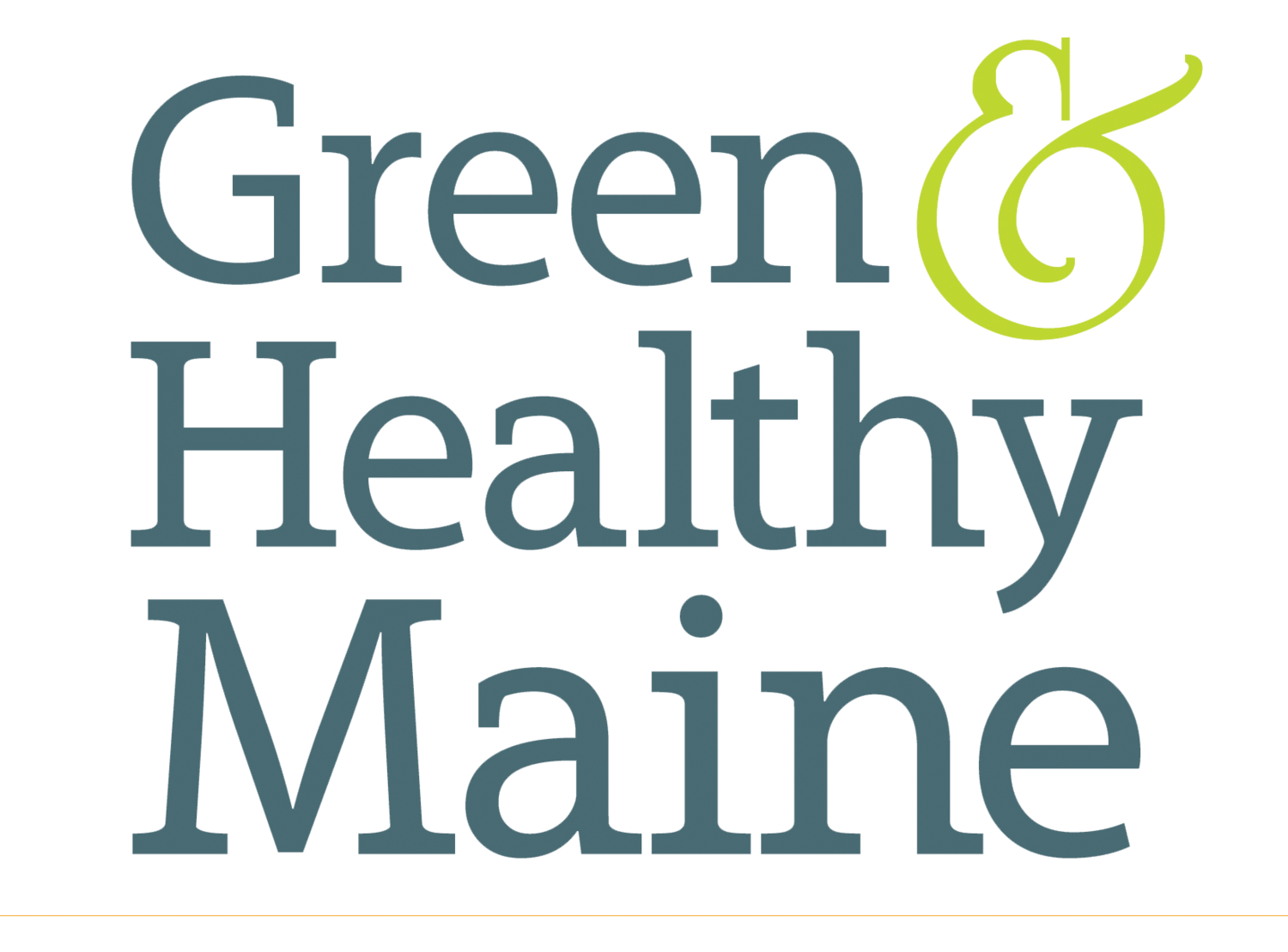Guiding Hands
Maine’s Craft Apprentice Program
Mentors and apprentices at the capstone exhibition opening reception 2023, Watershed Center for the Ceramic Arts, Edgecomb, Maine. Left to right: mentor Matthew Arcara, apprentice Kristen Riley, mentor Karen Orsillo, apprentice Jade Ruscio, mentor Sarah Haskell, apprentice Katherine Ferrier, apprentice Lydia Johnson, mentor Marian Baker, mentor Richard Reitz Smith, apprentice Sharon Gallant, apprentice Nicole Manganelli and mentor Pilar Nadal. Photo courtesy of Maine Crafts Association
By June Donenfeld
From AI-induced prints to 3-D printed housewares, it may feel as though a high-tech tsunami has washed away the human touch in the things we see and use in our everyday lives. But Portland artist Lissa Hunter disagrees.
“It seems that just as there is more and more digital reality in the world today, there is also more and more handwork... craft, art, repair, reuse, home projects,” says the two-time mentor in Maine’s Craft Apprentice Program (MCAP, or simply CAP). “We need to use our hands to remain human. And I think that we appreciate handwork because of its humanity.”
MCAP—a remarkable opportunity for emerging talent in Maine’s craft sector to train under some of the state’s experienced artists—was established in 2016 by the Maine Craft Association (MCA) and the Maine Arts Commission (MAC). MCA manages the program with logistical support and partial funding from MAC, an independent state agency supported by the National Endowment for the Arts, as well as funding from other program partners, sponsors, foundations and program partners. Its objectives are clear, practical and visionary: increasing the number of craft makers in Maine, advancing their professional development, and providing an alternative form of education. With a tried-and-true process, the program supports mentor-apprentice relationships in ways that strengthen both creative entrepreneurship and a thriving craft sector and plays a vital role in keeping craft alive and well.
An artist’s life is seldom easy, but one testament to MCAP’s quality—and the supportive environment Maine can provide for its graduates—lies in the numbers: 90% of them stay in Maine, according to Lizz Brown, programs manager at the Maine Craft Association. “Maine is a great place to be a craft artist,” she says. “People appreciate handcrafted things, and we have a wonderful selection of craft shows and exhibitions—and a greater chance to get in because oftheir sheer volume.”
Mentor Andy Glenn and apprentice Tyler Sheaffer examining wood they will transform into a chair. Photo courtesy of Maine Crafts Association
These are the nuts and bolts of the program:
From March through September, the apprentices undergo 100 hours of one-on-one training with their mentor artists, all accomplished professionals in their fields. The apprentice gets a stipend of $1,500, to be spent on supplies and equipment, and the mentor receives an honorarium of $3,000 to cover their time and instruction. As apprentices may well need to support themselves financially during this time, their training schedule is flexible, as long as they complete their total number of hours.
MCAP maintains a list of potential mentors, but, Brown says, “About 95% of our mentor-apprentice pairs will meet organically, at craft fairs, for example, or through other encounters in the artistic world.” And if neither of those avenues produces a suitable match, “They can always seek help from the program directly.”
“It’s a competitive process to get into the program,”Brown says, adding that she’s seen the number of applicants rise over the past few years, with a current average of 15 to 20 annually. “Of those, only five applicants get accepted, and the tougher applicant pool results in an even stronger final group.” This cohort is determined by a three artist jurors. One of them is always a past mentor, as they’ve been through the program and understand the criteria, and they select the others among people they know through MCA’s work.
Potter Marian Baker and her 2023 apprentice Lydia Johnson. Photo: Dave Dostie Photography
To track apprentice progress, MCAP has informal verbal check-in points during the seven months; they also require midway and final written reports. This feedback shapes the program in subsequent years, as do the conversations that take place on the first day of the annual capstone exhibitions.“ Before the evening opening reception,” Brown says, “we have the alumni gathering, to which we invite all current-year participants and alumni. We ask the current participants what they would have changed, what their challenges were and what they’d recommend for the following year.” The program also maintains a Facebook group and apprentices are “listed on the website forever,” she says. “This online directory is really helpful to them, as is the community aspect. We also keep in touch with mentors and send opportunities their way as they arise.”
A dynamic organization, MCA strives both to strengthen community and widen the program’s reach. In 2023, they introduced their apprenticeship model into New Hampshire through the League of New Hampshire Craftsmen, and in 2024, for the first time, there was a mentor in Maine paired with a New Hampshire apprentice, as well as capstone exhibitions of apprentice work in both states. Other notable changes in recent years have been an increase in inquiries and applications and a decrease in the average applicant age.
Naturally dyed patchwork quilt by apprentice 2023 CAP apprentice Katherine Ferrier. Photo courtesy of Maine Crafts Association
“More people have been contacting us, including parents and students, and we’ve seen a greater number of younger applicants coming right out of high school,” Brown says. “This is because some people are steering away from higher education, as not everyone can afford to go to art school. They don’t want to go into debt, and with the program, they can get funding for supplies and work with an established artist. Apprenticeships are hugely important for that, as they give access to an education that not everyone can afford.”This education can be life-changing for the apprentices, especially in the skills, confidence, and mentor relationships they develop.
“The apprenticeship really marked a ‘before and after’ for me as far as dedicating myself to my craft full-time,” says Shelby Goldsmith, a Portland metalsmith and jeweler. “Being funded made it possible to take my work and my career in the direction I wanted to go, and the visibility granted to me by the final exhibition—and the continued institutional support from MCA—felt like my debut as an emerging maker.”
Rachel Herzer’s experience was equally powerful. The Freeport ceramicist, painter and musician says, “I came out of the program with so much applicable knowledge, skills, confidence and a wealth of information to reference in the future,” she says. “I emerged from the experience as a more educated and skilled maker, with firsthand practical training in methods that will continue to benefit my craft and studio practice for the rest of my life.”
Interdisciplinary artist and 2021 apprentice Ashley Page with her 2021 artwork "Duality: A Study of Our Differences." Photo: Dave Dostie Photography
Ashley Page, an interdisciplinary artist and the studio and programs manager at Indigo Arts Alliance in Portland, is clear on the far-reaching influence her mentor has had on her. “The impact of working with fellow artist Lissa Hunter...was profound for me and my practice, bolstered my confidence as a maker and instilled a sense of discipline around my practice. She introduced me to new techniques, resources and teaching methods that continue to inform and grow my career as a practicing artist.”
Nicole Manganelli, letterpress printer and owner of radical emprints in Portland, says that having dedicated time each week with Pilar Nadal, director of Portland’s Pickwick Independent Press, enabled her to prioritize her skill development and to immediately practice what she was learning. “It was such a gift to get to work with such a brilliant and generous mentor,” she says.
The relationship Manganelli established with Nadal was a game changer in another critical way: Through her professional network, Nadal facilitated Manganelli’s purchase of a high-quality letterpress that had been sitting unused in a high school graphic arts department for decades. “It was a dream of mine to have one someday,” Manganelli says. “I had no idea how soon that dream would come true!”
If MCAP’s impact on the apprentices is strong, it is equally so on their mentors. “We hear time and time again that it is a life-changing program, for both artists and mentors,” Brown says. “Mentors say, ‘I didn’t think I was going to learn anything, yet I did.’ It surprises some people, but the mentors get just as much, if not more, out of the experience than the apprentices do.”
2023 CAP mentor and apprentice: Guitar craftsman and musician Matthew Arcara with apprentice Dan Klingsberg in Arcara's South Portland studio, home of MGA Guitars. Photo courtesy of Maine Crafts Association
James Macdonald, a marquetry artist, luthier and woodworker in Burnham in Waldo County, recognizes the value of maintaining the legacy skills involved in handwork, not simply for the sake of the individual but for society and culture at large. “We humans have had thousands and thousands of years as makers using hand tools,” he says. “This high-tech world is a brand-new development that leaves most of us working jobs where there is no hand work necessary. I fear that as individuals, we are forgetting how wonderful and possible it is to become proficient in a craft.”
But it’s clear that handcraft won’t die on the apprentices’ watch—they are fully aware of its worth. “Craft is more important than ever in today’s high-tech world,” says Meghan Hall, a textile apprentice. “Using one’s mind and hands is far superior and more meaningful than anything a computer or AI could ever create.”
Goldsmith thinks technology can coexist with, and even complement handcraft, but it can never replace it. “Handcraft skills are passed down like heirlooms through a lineage of makers, and apprenticeship programs preserve that sacred tradition,” she says. Page agrees.
“While there are many definitions of Craft, I consider it to be an art form built around care, community and functionality,” she says. “[Through] traditional art forms passed down from mentor to apprentice over generations in order to preserve culture, Craft thrives in mentorship.” It does indeed.









The outdoor sauna at Wolf Cove Inn in Poland features a stunning wall of windows overlooking Tripp Lake.